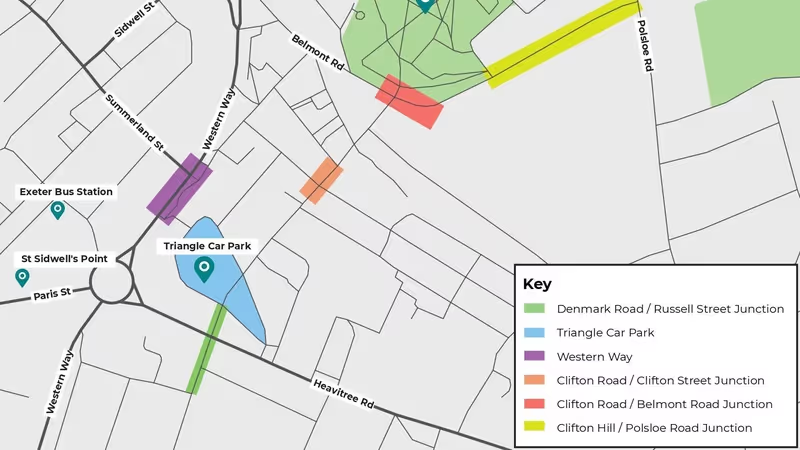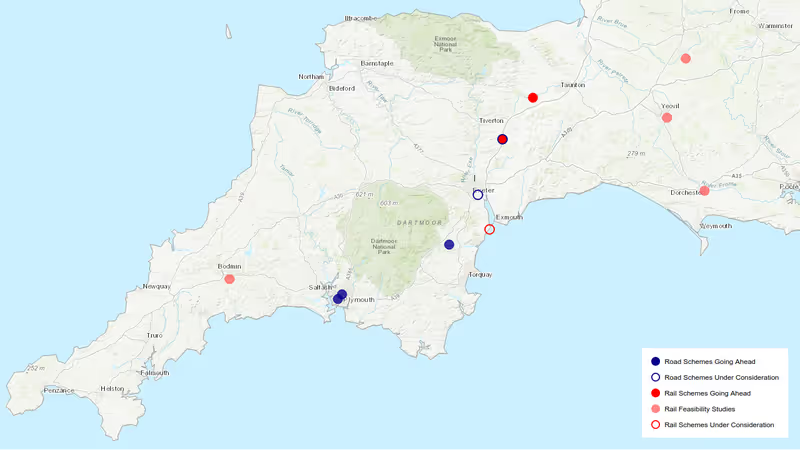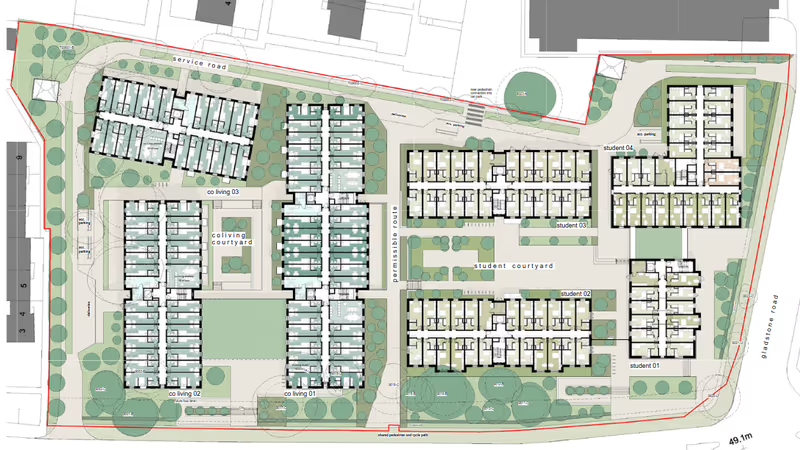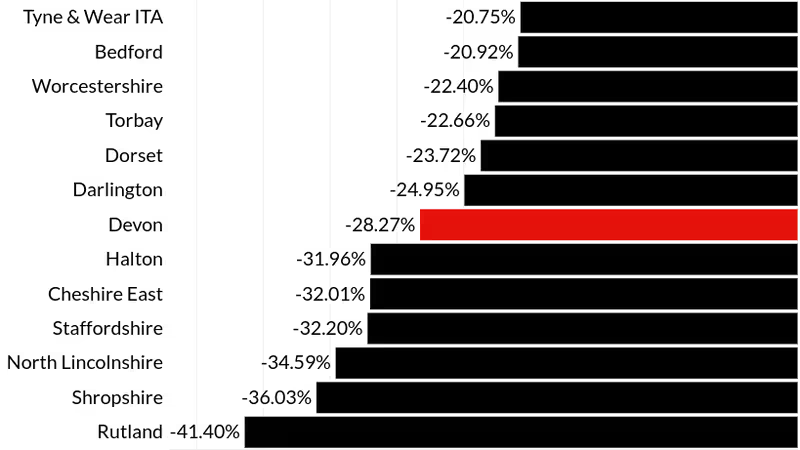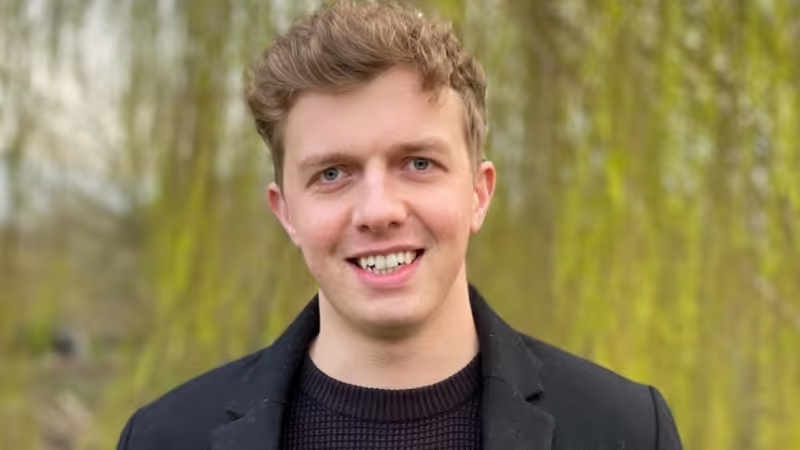The University of Exeter PRISM network for LGBT+ and allies who study or work in Science, Technology, Engineering, Mathematics and Medicine (STEMM) held its first competition last month.
Local students suggested pioneering queer STEMM figures to champion, with the three winning entrants giving presentations on their chosen pioneers at the February PRISM network meeting.
Madi Pollard-Shore discussed the work of polar explorer and botanist Elke Mackenzie who discovered new lichens in Antarctica whilst part of the secret British mission Operation Tabarin and received both the British and US Polar Medals.
Elke transitioned late in her career before retiring from science.
 Nikola Tesla. Source: Wikimedia Commons.
Nikola Tesla. Source: Wikimedia Commons.
William Ferguson chose Nikola Tesla, the prolific inventor who was likely to have been asexual by today’s definition.
Nikola made key contributions to how we transport electricity and invented the most efficient way of lifting water, the Tesla turbine.
Nikola received many love letters, but never expressed interest in pursuing relationships.
 Sally Ride. Source: Wikimedia Commons.
Sally Ride. Source: Wikimedia Commons.
Kieron Lintott championed Sally Ride, the first American woman astronaut, who gave up being a nationally ranked tennis player to go to space.
Sally was the only person on both the commissions that investigated the Challenger and Colombia space shuttle disasters.
Sally also wrote children’s books and set up “Sally Ride Science” to help encourage school children to study science.
Sally did not disclose that she was a lesbian during her lifetime, but with her permission her obituary revealed that she had been in a relationship with the co-founder of “Sally Ride Science” for 27 years.
 PRISM queer STEMM champions competition winners with Dr Izzy Jayasinghe
PRISM queer STEMM champions competition winners with Dr Izzy Jayasinghe
The winning entrants received certificates from Exeter Science Park chief executive Dr Sally Basker, high resolution microscopist Dr Izzy Jayasinghe and Dr Andrew Griffiths, lecturer in biological science at the university.
The PRISM network meeting also featured a talk from Dr Izzy Jayasinghe who described her journey from Sri Lanka to northern England via New Zealand and Exeter.
Dr Jayasinghe also highlighted several diversity and inclusion issues including the lack of representation of ethnic minorities within LGBT+ spaces, the harmful nature of the “Don’t Ask, Don’t Tell” culture in academia, and the rise of misinformation and hate speech across the UK.
The Exeter PRISM network includes Devon STEMM professionals from academia and industry. LGBT+ and allies interested in promoting diversity and inclusion are encouraged to attend.
Meetings are held approximately quarterly in Exeter. For information on future events follow @PRISMexeter on Twitter, Facebook or via newsletter.

